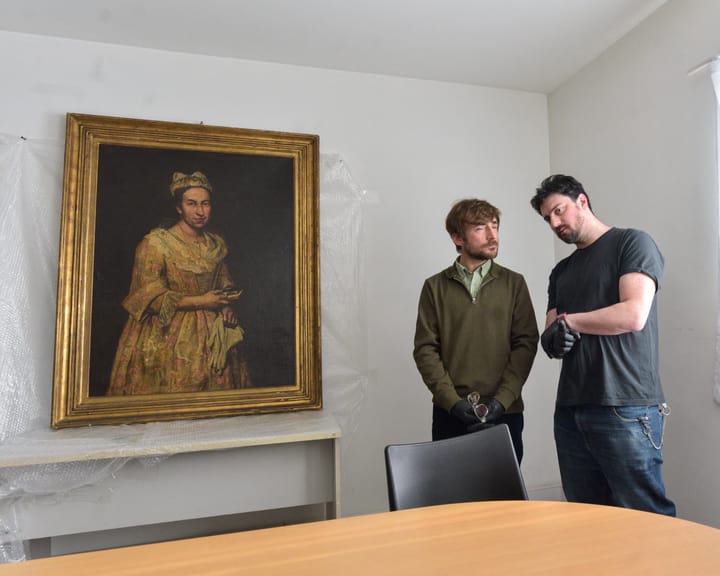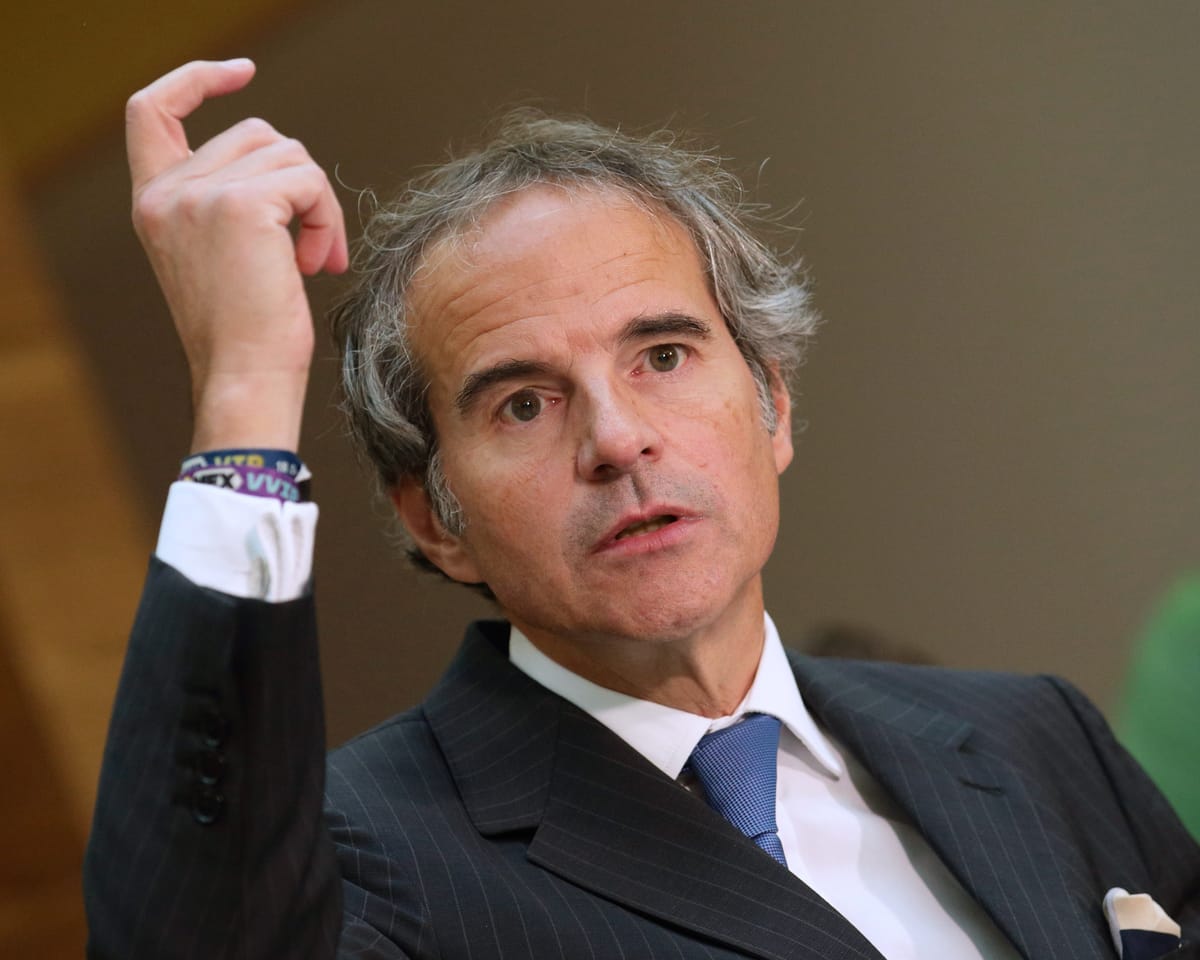Partial Return of UN Inspectors to Iran Sparks Protests
The return of UN inspectors to Iran for the first time since Israeli and US strikes targeted its nuclear facilities has drawn criticism from officials in Tehran, who allege that the agreed conditions for their visit were violated. Some have even condemned the move as unlawful.
Abbas Araghchi, Iran’s foreign minister, sought to ease tensions by clarifying that the International Atomic Energy Agency (IAEA) inspectors would not be visiting any of the damaged sites and that further discussions on those locations were still pending.
He stated that the visit had been approved by Iran’s Supreme National Security Council and that inspectors would only be permitted to monitor refueling operations at the Bushehr nuclear facility—a requirement under the international nuclear non-proliferation agreement.
Rafael Grossi, the IAEA’s director general, confirmed on Wednesday that inspectors had resumed work in Iran.
However, Iranian lawmakers argued that allowing the inspectors back contravened legislation passed in July, enacted after the Israeli strikes, which broadly prohibited the UN agency’s return. Mohammad Taqi Naqdali, a representative from Khomeini Shahr, led the objections, calling the decision a legal violation.
“We passed a law in parliament mandating that all cooperation with the IAEA be halted unless Iran’s sovereignty, the safety of nuclear scientists, and the nation’s rights are fully guaranteed, as verified by the Atomic Energy Organization and the Supreme National Security Council,” he said.
“Anyone violating this law is liable and will face the strictest penalties under our judicial system.”
The backlash highlights the government’s challenge in managing heightened nationalist sentiment while avoiding further UN sanctions or additional military action from Israel.
The UK, France, and Germany have repeatedly warned they may reinstate previously lifted sanctions when a decade-old nuclear agreement with Iran expires on 18 October.
To prevent this, European officials have outlined three conditions: Iran disclosing the location of its stockpile of highly enriched uranium, permitting the full return of IAEA inspectors who withdrew after the joint US-Israeli strikes in June, and resuming negotiations with the US over its nuclear program.
If the current, limited return of inspectors is sufficient to delay sanctions, it would represent a minimal concession by Iran.
Meanwhile, Russia has proposed a draft resolution at the UN Security Council to delay the reinstatement of sanctions by six months, offering Europe additional time if Iran demonstrates a willingness to engage in diplomatic talks.
Should European nations proceed with reimposing sanctions lifted in 2015, the decision could not be blocked by Russia or China, but it risks further straining relations between Western nations and Tehran.
Read next

"TikTok star highlights political power of South Africa's unsung culinary treasures"
Solly’s Corner, a popular eatery in downtown Johannesburg, was busy. Pieces of hake and crisp fries crackled in the fryer, green chillies were chopped, and generous amounts of homemade sauce were spread onto filled sandwiches.
Broadcaster and food enthusiast Nick Hamman stepped behind the counter, where Yoonas and Mohammed

Nazi-looted 18th-century portrait found in Argentina after 80 years
There was nothing particularly unusual about the middle-aged couple living in the low, stone-covered villa on Calle Padre Cardiel, a quiet street in the tree-lined Parque Luro neighborhood of Mar del Plata, Argentina’s most well-known coastal city.
Patricia Kadgien, 58, was originally from Buenos Aires, roughly five hours north.

"An aristocrat hid her Jewish lover in a sofa bed amid daring acts of German resistance to the Nazis"
Resistance in the Shadows: Germans Who Defied the Nazis
Growing up, our home had a steadfast rule: nothing German was permitted. No appliances from German manufacturers in the kitchen, no cars from German automakers in the driveway. The decree came from my mother. She was not a survivor of the

